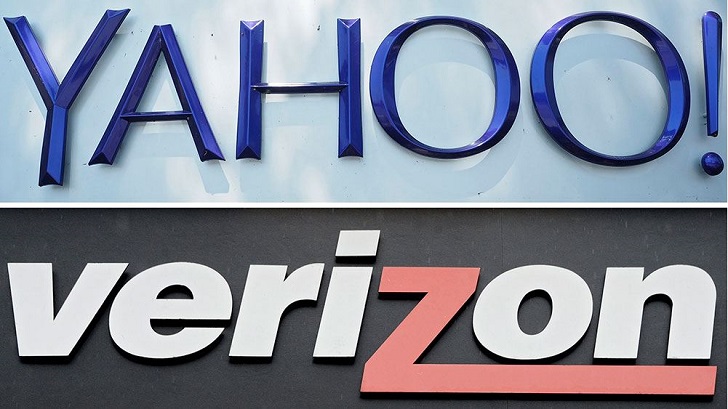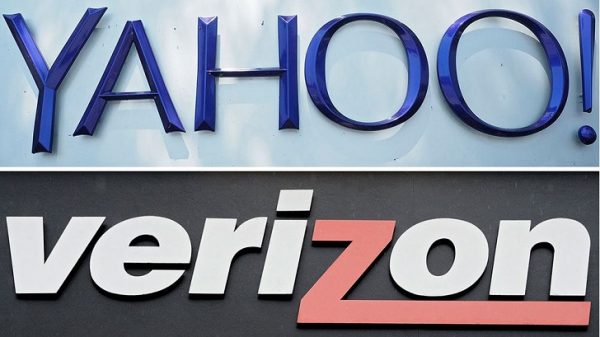Well, they had a good run, but from the look of things, this seems to be the end of the road for Yahoo as an independent company after about 20 years. Verizon, owners of AOL and Techcrunch, has officially acquired Yahoo’s core business for $4.83 billion in cash.
The road to this point has been fraught with intrigues. Yahoo, one of the best-known names of the early internet era with a valuation of over $100 billion dollars by the turn of the century, had turned down a $44billion bid from Microsoft in 2008 only to be sold 8years later for $4billion. What would have led to this dramatic fall? And what lessons can be learnt from this.
- “Knight-In-Shining Armour CEOS” Don’t Usually Work
The idea of a CEO coming from the outside to rescue a company from distress usually fails 8 in 10 times, Marissa Mayer was hired four years ago to come and “rescue” Yahoo. Well, it seems she rescued it into Verizon’s arms. The lesson here is that it’s usually someone conversant with a problem that can handle it. Studies have shown that most companies which were able to bounce back on their feet did so under CEO’s that were selected from within.
- Define Exactly What You Stand For and Stand for It
In its later years, one couldn’t say exactly what Yahoo’s main business was. Was it a content, search or email company? If you have to be exceptional in business you have to define your core business and be excellent at it. You’ve got to be primary in one profitable field or you soon become history.
- Acquisitions are Not Usually the Way Out
Mayer spent billions of dollars on acquisitions and struck pricey deals with partners like Mozilla to find new ways to make money. She took risky bets in a bid to make profits and at a point it became all about making profits not about the core purposes that Yahoo stood for and that’s not good enough. Even if you want to acquire investments acquire with your core purpose in mind.
- Cut Costs
In 2011 Yahoo had $4.1 billion in main operating expense plus the cost of revenue and $4.8billion in sales excluding commissions paid to partners. By 2015 Yahoo’s expenses were 22 percent higher at more than 5 billion even though revenue had shrunk to $4.09 billion. From the figures above we can deduce that Yahoo refused to cut down on expenditure when income went downhill. It was only when investors enforced cost cutting that she did and by then it was too late. When income gets tighter, tighten your belt.
- If You Won’t Change You Would Become Obsolete
Today’s tech eco-system is changing so much so that if you’re not quick enough you’re left behind. In early 2000, Yahoo Inc stood at the internet’s pinnacle, commanding the world’s most trafficked website and a $125 billion market value. But when the system evolved, it refused to evolve with it. Yahoo focused on content when all the money turned out to be in advertising and by the time it tried to catch up, it was too late. For a company to be successfully relevant across time, it needs to be able to predict the future of its industry and be able to adapt to meet the evolving needs of its customers.
Wise is the man that learns from his own experiences, wiser still he who learns from the experience of others.


